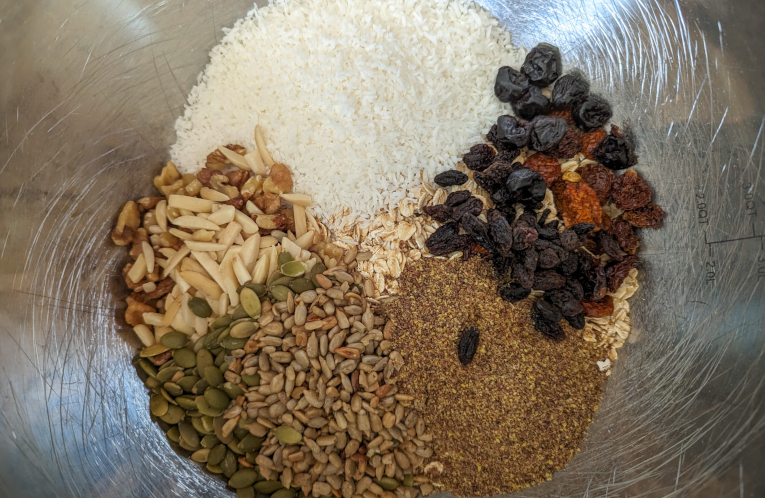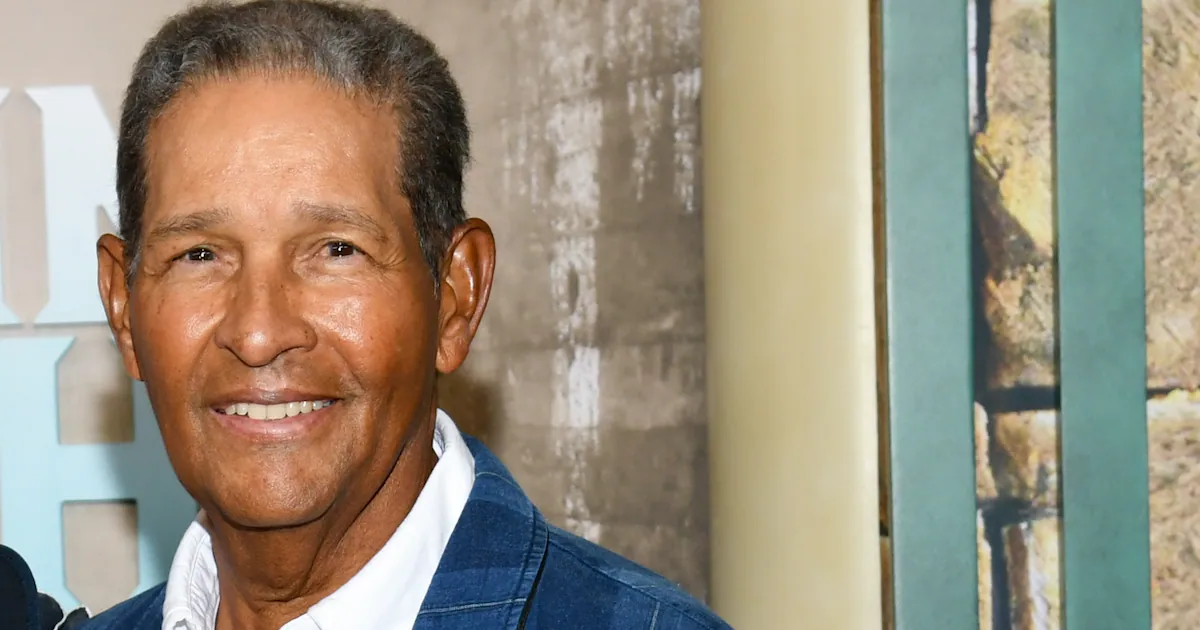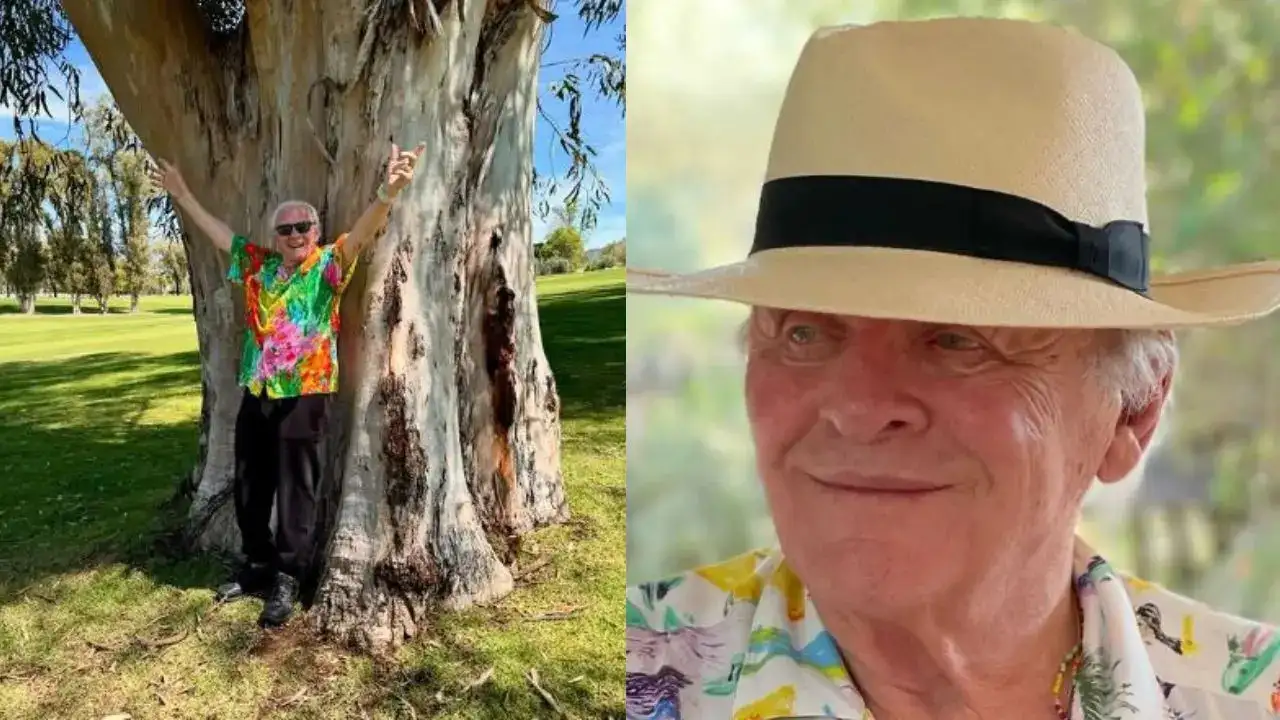Copyright Resilience

This week, Bart Everson digs to the bottom of Americans’ love of cereal to explore its environmental impact (and cereal lovers, inside is a prize: Bart’s recipe for muesli). Like many Americans, I eat cereal for breakfast. It’s such a regular habit for me that I can state it unequivocally: I eat more cereal than anything else. When I gaze into that bowl each morning, I see my whole life, and so much more. The Flaky Years In my youth, I was seduced by the sugary stuff so ubiquitous on the shelves of our stores in the ’70s: Froot Loops, Freakies, Frankenberry. I was enchanted by the brightly-colored characters leering out from the front of the box, the brightly-colored puzzles on the back, the toys nestled deep inside the boxes, and the brightly-colored shapes that floated in my bowl, turning the milk pink. This type of marketing to kids is definitely Freakie. The author acknowledges he still sings this jingle from time to time. My parents got health-conscious as the decade turned, and somehow I was persuaded to make some changes as well. Simple bran flakes and dried fruit seemed like a more wholesome alternative. The raisins were crusted with extra sugar, of course. The marketing was less juvenile, but still it fascinated me to learn that Kellogg’s and Post both marketed the same basic product under the same name: raisin bran. It was my introduction to the concepts of intellectual property, the cultural commons and the public domain. I do workshops on those topics today. By the time I turned 50, I was patronizing Nature’s Path brand, particularly their “Heritage Flakes” and “Mesa Sunrise” products. I alternated between the two. The former had more fiber, but I preferred the taste of the latter. Morning Questions Unlike many people, my stomach doesn’t take long to “wake up” in the morning. I often roll out of bed hungry. On most days, I’ll eat that bowl of cereal within an hour of rising. Is this really the best way to start my day? I’ve convinced myself that a daily dose of fibrous flakes is good for my gut, and that seems to be true. But what are those “flakes” anyhow? They’re just grain, cooked and flattened. The flakes I bought were usually made from whole grains, which is certainly better than refined grains. And yet I had to wonder. All grains have to be processed in order to be eaten, but these flakes are highly processed, with industrial additives. Aren’t we supposed to avoid highly-processed foods? Eventually, I tried muesli, discovered I liked it, and have been eating it very regularly ever since. My preferred brand for a few years was Bob’s Red Mill Old Country Style Muesli. It has a dozen or so ingredients, but you can see them all. The whole grains (five of them) are rolled rather than flaked; That’s great, but the price of muesli started going up in 2023, part of a trend of rising prices associated with inflation and supply-chain issues and other factors. My preferred brand was already expensive, but now it went beyond what I was willing to pay. I wondered if I could make my own muesli. How hard could it be? Indeed, it is pretty easy as far as technique is concerned. Choosing the ingredients is the fun part. Acquiring those ingredients at a reasonable price is the challenge. Here’s my first recipe, with some notes on how I’ve varied and modified it over the last couple of years: 1 cup rolled oat flakes 1 cup rolled wheat flakes (I now omit these because I eat a plenty of wheat in the form of bread) 1 cup rolled barley flakes 1 cup rolled rye flakes 1 cup coconut flakes (unsweetened) ¼ cup nuts (usually some combination of almond slivers and walnut pieces) ¼ cup pumpkin seeds ¼ cup sunflower seeds 1 Tablespoon (TB) hulled hemp seeds 1 TB ground flax seeds 1 TB cacao nibs A handful of dried fruit, particularly raisins or currants but sometimes other fruits when I can find them There’s no baking involved. It’s just a matter of mixing the various dry ingredients together. It’s mostly unprocessed, and with some fresh fruit thrown on top—ideally from my backyard or at least from North America to keep footprints low—and soaked in plain yogurt or kefir. Soaked overnight, it makes a good breakfast porridge. Mix, soak, and voila! (Image by Bart Everson) Equivocations Of course, none of this is really cereal per se, is it? Properly speaking, a cereal is an edible grain plant. What I have in my bowl is a processed cereal product. We really need another name for it entirely. After all, bread is also a processed cereal product, but we don’t go to the bakery for a loaf of cereal. “Breakfast cereal” is a distinctly American concept, invented in response to changes wrought by the industrial revolution. In fact, a quick search of newspaper archives pins the earliest mention of that two-word phrase to an 1877 ad in the Bangor Daily Whig and Courier for a product named “American Breakfast Cereals.” For their enduring popularity, we can thank (or blame) that guy named Kellogg, and that other guy named Post, who brought their products to market around the turn of the century. (And if you want to know what prompted Kellogg to develop the stuff—a strange story in itself—read here.) 1877 ad from the Bangor Daily Whig and Courier The cultivation of cereal crops goes back much further than that. We’re often told that cereal cultivation was the mainstay of the so-called agricultural revolution and thus tied to the rise of so-called civilization as we know it. However, there’s reason to question the received wisdom that this was some kind of inevitable evolutionary progress. As David Graeber and David Wengrow note in The Dawn of Everything, “For sure, only cereal-farming and grain storage made possible bureaucratic regimes like those of Pharaonic Egypt, the Maurya Empire or Han China. But to say that cereal-farming was responsible for the rise of such states is a little like saying that the development of calculus in medieval Persia is responsible for the invention of the atom bomb.” Finally, it’s worth noting that the very word cereal derives from the Roman agriculture goddess, Ceres. She’s mythologically indistinguishable from the Greek goddess Demeter, granddaughter of Gaia. Truth be told, Demeter and Gaia seem almost indistinguishable to me. Sure, they have different stories around them, but in basic concept they are very similar: a maternal divine being associated with the living Earth, with the life force itself. Some scholars have even speculated that the first syllable of Demeter’s name is a variant of Ge; according to this interpretation, her name would literally mean “Earth Mother.” Further, Gaia was sometimes called Anesidora, which means “sending up gifts,” an epithet that was also applied to Demeter. The philosopher Jules Evans goes so far as to say that James Lovelock should have named his famous theory after Demeter rather than Gaia. He makes a compelling case. Demeter’s cult was the largest religion of the ancient Hellenic world for some two thousand years. I’m inclined to see her rise as a consequence of the shift in ancient Greece from nomadic ways to grain agriculture — a shift from Earth as a whole to something more specific: the harvest. Centuries later, in my lifetime, it’s become clear that we’ve harvested too much, that our species, under the Western industrial model, has taken more than our fair share. And so, as I dig into my bowl of cereal every morning, I’m thinking about a whole lot more than just the fiber in my diet. I’m thinking about how it’s time to bring Gaia back into focus, at the center of our thoughts and conversations and practices, every day. Teaser image credit: Author supplied.



